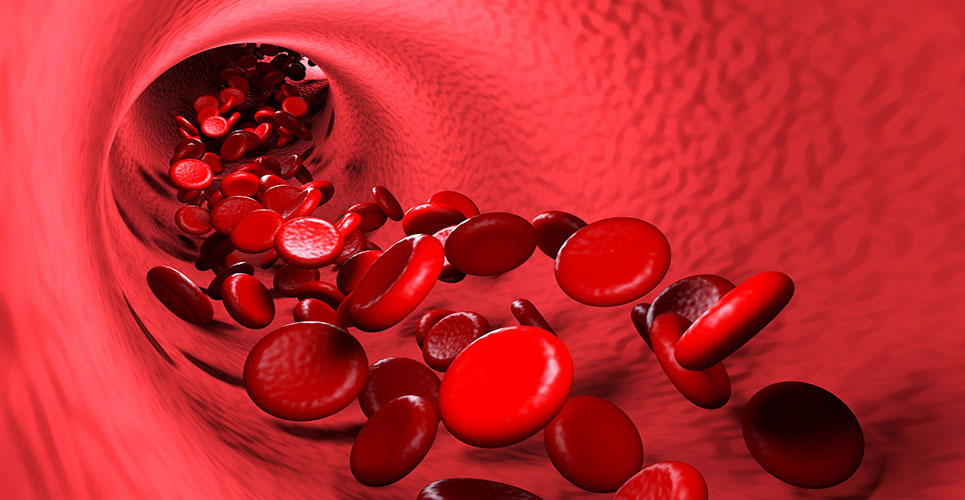teaser
Bayer and Johnson & Johnson have presented impressive late-stage data on their experimental antithrombotic Xarelto (rivaroxaban), which they said demonstrated superiority over Sanofi-Aventis Lovenox (enoxaparin sodium).
The firms said the phase III data, which was presented at the American Society of Hematology meeting in Atlanta, showed that the oral once-daily investigational anticoagulant Xarelto was significantly more effective than Lovenox, the standard treatment, in preventing venous thromboembolism in patients undergoing total hip replacement surgery.
The RECORD1 study shows a 70% relative risk reduction for rivaroxaban in total VTE when compared with enoxaparin and an 88% RRR in major VTE.
The firms said the interesting aspect of this is that Xarelto demonstrated superiority, yet both drugs had similar low bleeding rates.
Bengt Eriksson, of Sahlgrenska University Hospital in Gothenburg, Sweden, and principal investigator of the 4,540-patient RECORD1 study, said the results “are very exciting for physicians who are eagerly awaiting an improved oral anticoagulant therapy that is not associated with an increased risk of bleeding”.
He added that “for years, the research on antithrombotic agents has been making advances, but these data suggest we may be close to a breakthrough in how we treat patients after major orthopaedic surgery”.
Bayer and J& J said that almost 50,000 patients were expected to be evaluated in the total clinical development programme for the drug.
The Leverkusen-headquartered firm submitted an application at the beginning of last month to the European Agency for the Evaluation of Medicinal Products to market Xarelto and a US filing is planned for 2008.
If approved in the latter, the drug will be sold by J&J subsidiaries Scios and Ortho-McNeil.
Bayer has previously stated that the peak of rivaroxaban could top 2bn euros, though some analysts see that as a conservative estimate.

